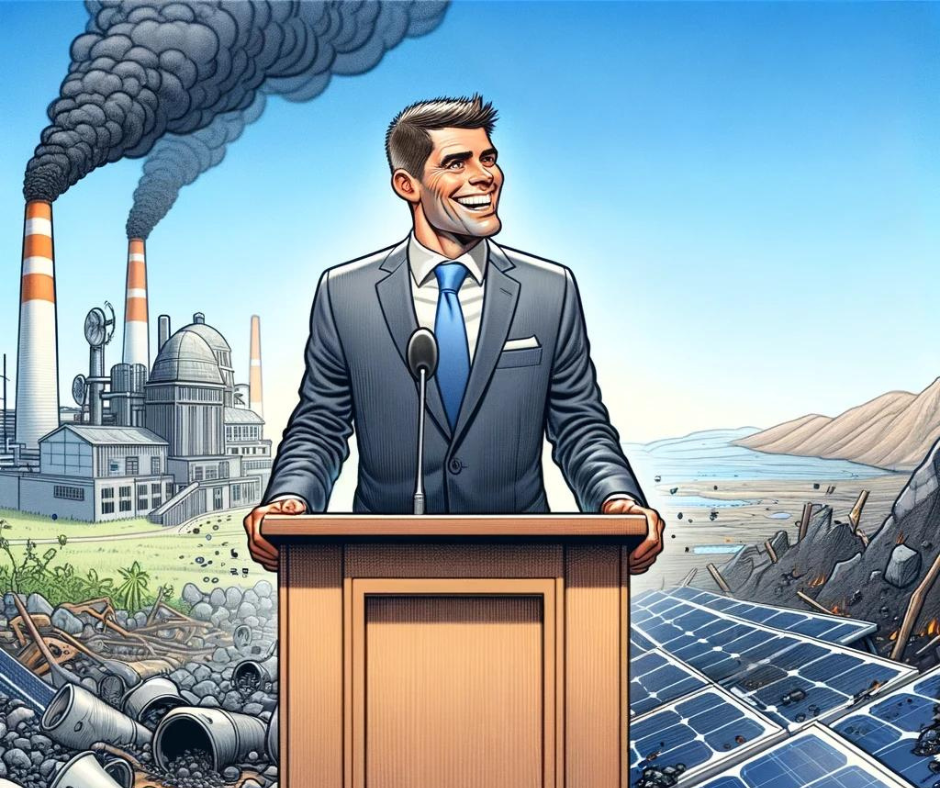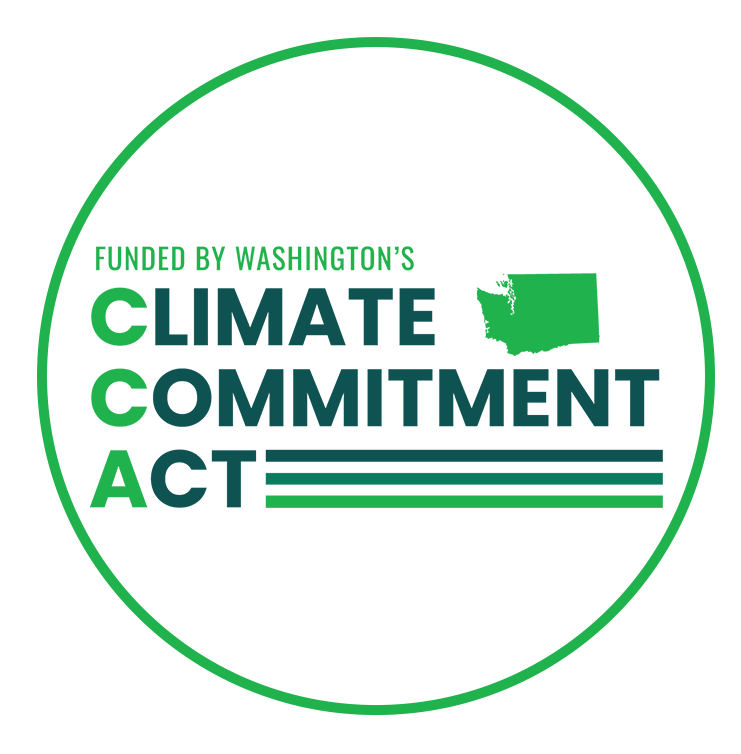Government-run climate policy fails because too many greens prioritize politics over the planet
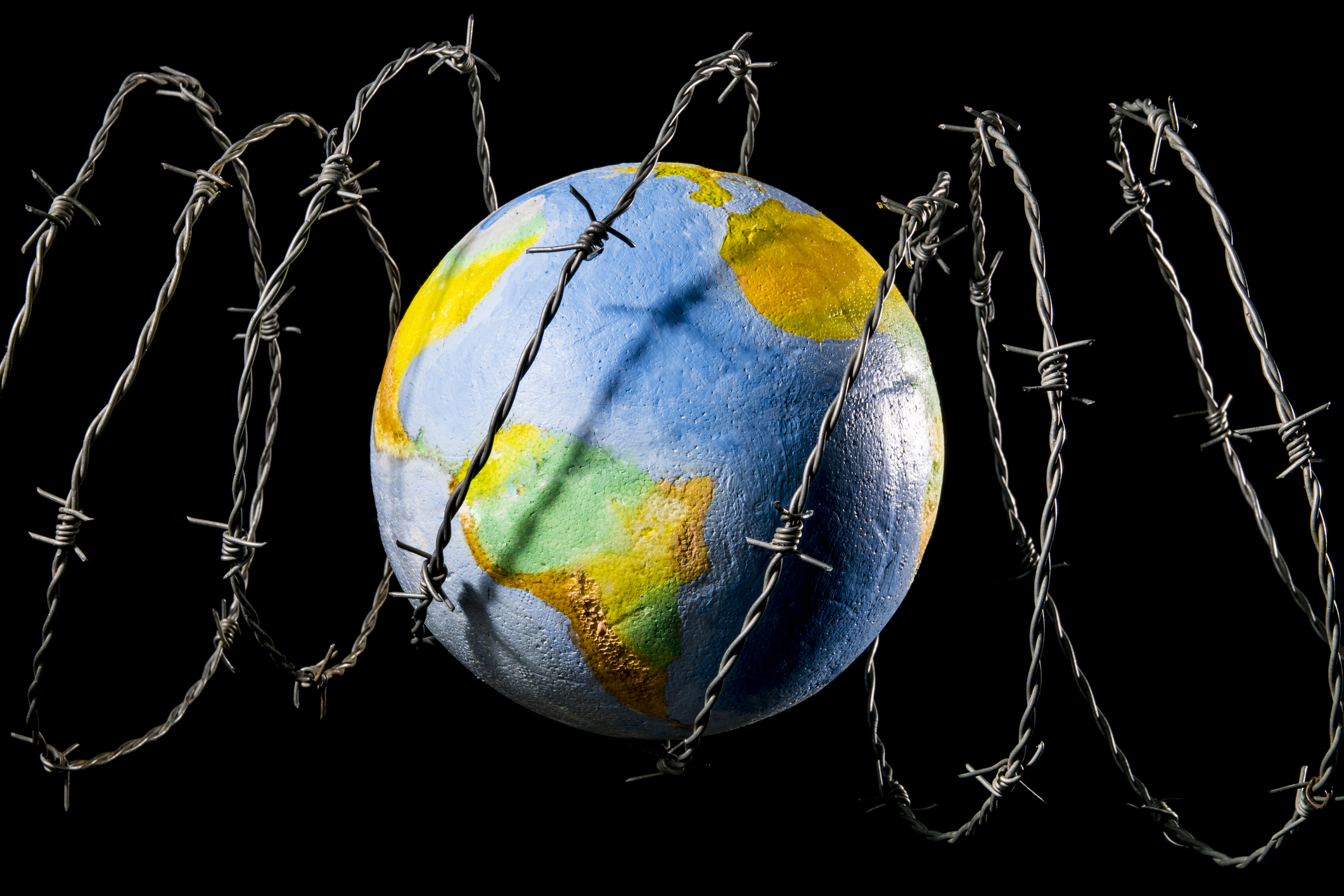
Last week, King County announced its new 2020 climate plan and updated CO2-reduction targets for 2030. As we, and others, noted, the county will miss its 2020 by a large margin. Through 2017, they have achieved only 4 percent of the necessary reductions. This continues a pattern set by the State of Washington – which will miss its 2020 target – and the City of Seattle which has consistently missed its targets.
Despite repeated failure, the county is committed to more of the same policies that led to that failure. Further, rather than critique the county’s shortcomings, many of the environmental groups who claim climate change is a “crisis” have simply ignored the missed targets and praised the plan.
The best illustration of the fact that politics are far more important than the planet for some on the Left comes from Bill LaBorde, a Senior Policy Advisor to the Seattle Department of Transportation (SDOT). Responding to our research noting the county’s failure, he tweeted two responses. They are remarkable because they make it clear that some of Seattle’s top advisors and activists don’t understand basic aspects of climate policy.
First, he insinuates that the county’s failure to meet its goals is the fault of the federal government, which I take as a critique of the Trump Administration. He tweeted:
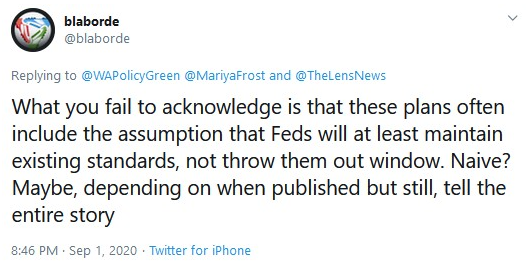
First, and most obvious, the CO2 data for the county are only through 2017. There were no changes to standards in 2017 that made a difference. Further, emissions trends have been basically flat for a decade. Whatever federal policies might have changed in 2016 or 2017 simply would not have been implemented in time to make any difference in the county’s CO2 emissions and could not have impacted previous years.
Ironically, he says we should “tell the entire story,” but conveniently doesn’t tell the entire story about what “standards” were changed, or when, or how they influenced the numbers. It is clear he wants to blame the county’s failure on the federal government because it is good politics.
This “fail and blame” approach is standard climate policy in Washington state.
Finally, if county politicians are making promises they can’t keep, then why should we trust anything they say? If the excuse for failure is that it is out of their hands, why would we believe they can deliver on the new, more rigorous, 2030 target?
His second response is even more absurd. I noted that rather than add costly new regulations, increase spending on government bureaucracy, and hand out money to special interests, King County officials should follow the lead of Seattle City Light, and invest in existing, low-cost CO2-reduction projects.
Rather than research what City Light has been doing for more than a decade, Bill dashed off this tweet:
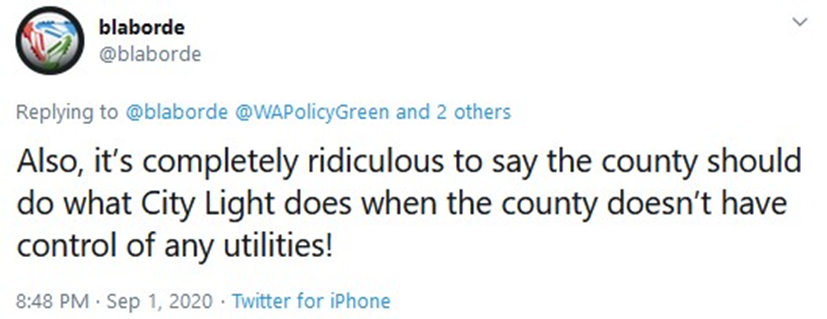
City Light’s approach is not unique to utilities. Any government or business can choose to do it. In fact, I do it. For example, anyone can invest in projects that capture landfill gas and use it to generate power. Rather than having the methane go into the atmosphere, it can be used productively. This is what Seattle City Light does.
This is not new or groundbreaking. As I said, City Light, which is part of the same City of Seattle government where Bill works, has been doing this for some time. Bill, apparently, doesn’t understand this and thinks it has something to do with being a utility. He hopes the exclamation point will distract from the fact that he doesn’t know what he’s talking about.
This is one of the most remarkable things about climate policy in Washington state. Many who are loudest about the threat from climate change know the least about the details and science. They substitute arrogance for intelligence. And when their policies fail – as they have at the city, county, and state level – they make excuses and blame everyone but themselves.
The very people who want you to trust that they can successfully plan for the future are quick to explain they couldn’t have possibly anticipated the things that cause each failure, whether it is missing climate targets or the premature failure of the West Seattle Bridge.
Ultimately, as long as elected officials and their enablers aren’t held accountable for these repeated failures, they will continue to waste money and time while taxpayers and our environment pay the price.




